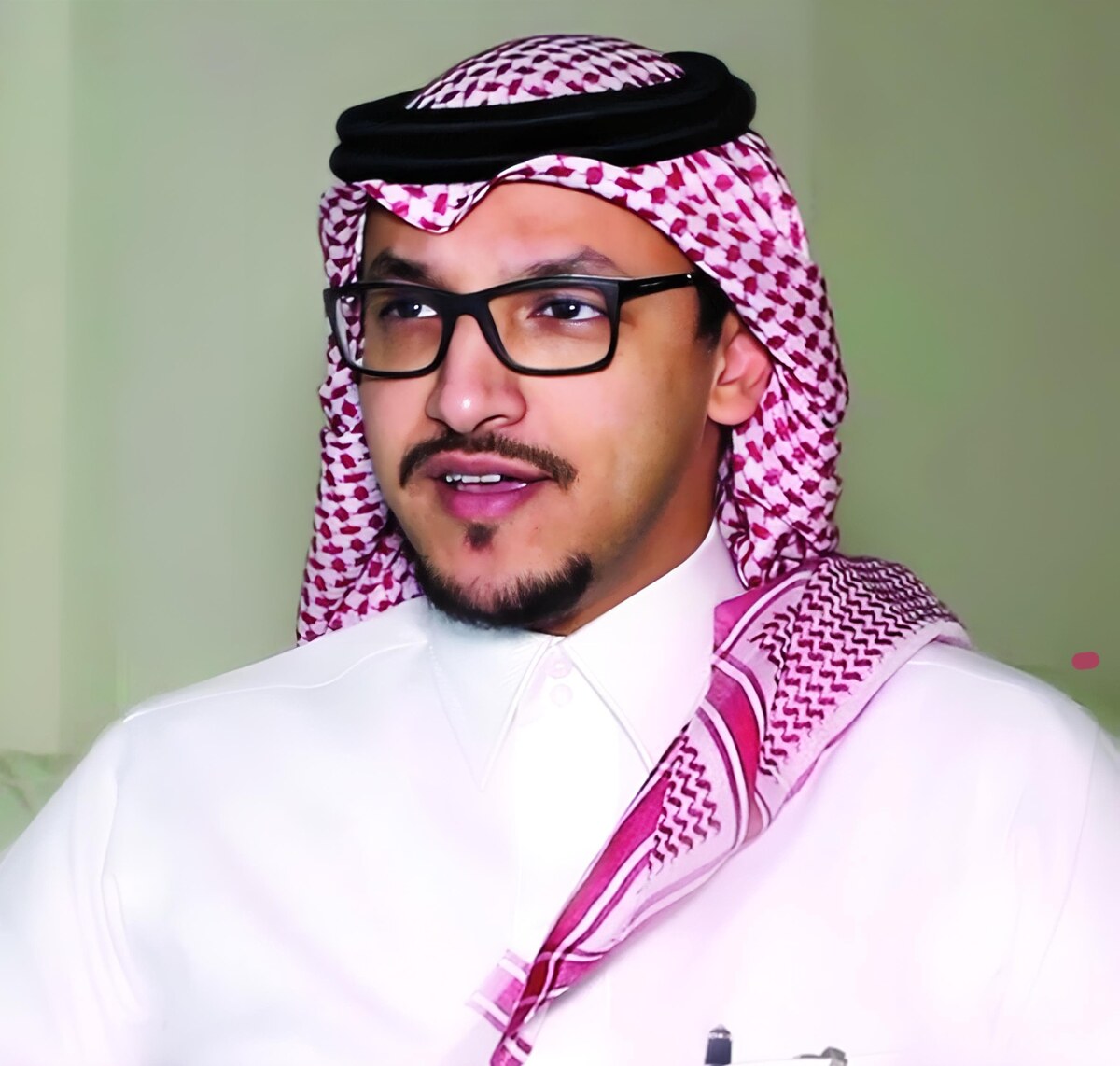RIYADH: Azerbaijan has proposed the creation of a joint sovereign investment fund with Saudi Arabia, aiming to enhance investments in key sectors and potential third-party markets.
The initiative was discussed during a meeting in Azerbaijan between the country’s Minister of Economy, Mikayil Jabbarov, and Hassan Al-Huwaizi, chairman of the Federation of Saudi Chambers, who led a business delegation from the Kingdom to explore investment opportunities in the nation.
The minister highlighted that the proposed fund could drive investments in priority sectors such as energy, tourism, and infrastructure, crucial for both economies’ diversification agendas, the Saudi Press Agency reported.
Saudi companies are already significantly involved in Azerbaijan, reflecting strong economic ties between the two countries.
Jabbarov emphasized the presence of major corporations such as Aramco, SABIC, and ACWA Power in Azerbaijan, highlighting the country’s appeal as an investment destination, according to the report.
In addition to the establishment of the fund, discussions focused on the broader spectrum of Saudi investments in Azerbaijan, with key areas identified, including petroleum, renewable energy, and industry, as well as tourism, agriculture, and mining.
Both sides acknowledged the necessity of signing an investment protection agreement to ensure a secure environment for investors, safeguarding the flow of capital between the nations.
Al-Huwaizi stressed the importance of this document, highlighting that legal and financial security is pivotal for attracting more Saudi investments into Azerbaijan.
He also discussed the potential for Azerbaijani companies to engage in infrastructure projects within the Kingdom, as well as opportunities to export food products to Saudi Arabia.
The Federation of Saudi Chambers further expressed support for a proposal to hold a regional exhibition showcasing regional products in Azerbaijan, further solidifying trade relations between the two regions.
The visit coincided with the second edition of the Gulf Cooperation Council-Azerbaijan Economic Forum, held in Baku, which focused on fostering sustainability, investments, and partnerships between nations.
Organized by the Federation of GCC Chambers in collaboration with Azerbaijan’s Export and Investment Promotion Agency, the forum provided a platform for businesses to explore new investment opportunities and strengthen ties.
A memorandum of understanding was signed during the event, facilitating cooperation on investment projects and trade promotion between the GCC and Azerbaijan.
Azerbaijan’s Minister of Finance, Samir Sharifov, also met with the Kingdom’s delegation, offering attractive incentives to Saudi investors.
Sharifov outlined key benefits, such as the allocation of free land for manufacturing projects and assurances of smooth capital flows, backed by the stability of the Azerbaijani currency. These incentives aim to make Azerbaijan’s free economic zones more appealing to Saudi investors.
The recent developments underscore the growing economic cooperation between the Kingdom and Azerbaijan, driven by mutual interests in expanding sectors such as energy, infrastructure, and tourism.
Both nations view this collaboration as a strategic step toward diversifying their economies and boosting bilateral trade.






























